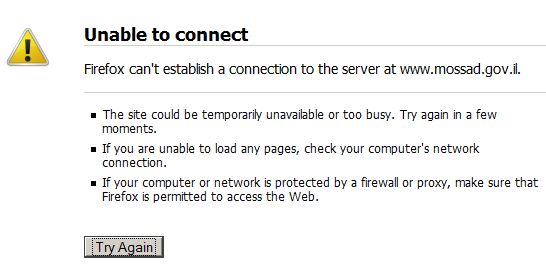The New York Times reports: American officials have concluded that North Korea ordered the attacks on Sony Pictures’s computers, a determination reached as the studio decided Wednesday to cancel the release of a comedy movie about the assassination of Kim Jong-un that is believed to have led to the hacking.
Senior administration officials, who would not speak on the record about the intelligence findings, said the White House was still debating whether to publicly accuse North Korea of what amounts to a cyberterrorism campaign. Sony’s decision to cancel release of “The Interview” amounted to a capitulation to the threats sent out by hackers this week that they would launch attacks, perhaps on theaters themselves, if the movie was released.
Officials said it was not clear how the White House would decide to respond to North Korea. Some within the Obama administration argue that the government of Mr. Kim must be directly confronted, but that raises the question of what consequences the administration would threaten — or how much of its evidence it could make public without revealing details of how the United States was able to penetrate North Korean computer networks to trace the source of the hacking.
Others argue that a direct confrontation with the North over the threats to Sony and moviegoers might result in escalation, and give North Korea the kind of confrontation it often covets. Japan, for which Sony is an iconic corporate name, has argued that a public accusation could interfere with delicate diplomatic negotiations underway for the return of Japanese nationals kidnapped years ago.
The sudden urgency inside the administration over the Sony issue came after a new threat was delivered this week to desktop computers at Sony’s offices that if “The Interview” was released on Dec. 25, “the world will be full of fear.” It continued: “Remember the 11th of September 2001. We recommend you to keep yourself distant from the places at that time.”
Sony dropped its plan to release the film after the four largest theater chains in the United States — Regal Entertainment, AMC Theaters, Cinemark and Carmike Cinemas — and several smaller chains said they would not show the film. The cancellations virtually killed “The Interview” as a theatrical enterprise, at least in the near term, one of the first known instances of a threat from another nation pre-empting the release of a movie.
While intelligence officials have concluded that the cyberattack on Sony was both state sponsored and far more destructive than any seen before on American soil, there are still differences of opinion over whether North Korea was aided by Sony insiders with an intimate knowledge of the company’s computer systems. [Continue reading…]
Jason Koebler reports: North Korea has denied playing a role in the hack, but called it a “righteous deed.” There’s nothing, really, beyond hatred of The Interview, to tie Guardians of Peace [as the hackers have dubbed themselves] to North Korea, but it’s still a narrative that has played out in the media.
And it’s a narrative that both sides are happy to embrace, [cybersecurity expert Bruce] Schneier speculated in an interview with me. Sony execs can say they’ve been targeted by a dictatorship, and the hackers get to have some fun.
“It’s really a phenomenally awesome hack — they completely owned this company,” Schneier, who is regularly consulted by the federal government on security issues, said. “But, I think this is just a regular hack. All the talk, it’s hyperbole and a joke. They’re [threatening violence] because it’s fun for them — why the hell not? They’re doing it because they actually hit Sony, because they’re acting like they’re 12, they’re doing it for the lulz, no one knows why.”
“Everyone at Sony right now is trying not to get fired,” he added. “There are going to be a lot of firings for Sony at the end of this.” [Continue reading…]
A TMZ headline on Sony Pictures Chief Amy Pascal says ambiguously, “I’m going nowhere” — she’s staying or she’s finished?
Underlining her conviction that everyone inside Sony is blameless, Pascal told Bloomberg News: “I think continuity and support and going forward is what’s important now.” Continuity = no one gets fired. Support = no criticism. Going forward = don’t look back.
But screenwriter Aaron Sorkin is in no doubt about who deserves blame: the press.
If you close your eyes you can imagine the hackers sitting in a room, combing through the documents to find the ones that will draw the most blood. And in a room next door are American journalists doing the same thing. As demented and criminal as it is, at least the hackers are doing it for a cause. The press is doing it for a nickel.
The cause of the hackers being? To defend the image of Kim Jong-un?
I don’t buy it. Much more likely this is an ongoing test of power with the hackers flexing their muscles and now demonstrating that they have the power to torpedo the release of a movie that cost $44 million to produce.
What next?


